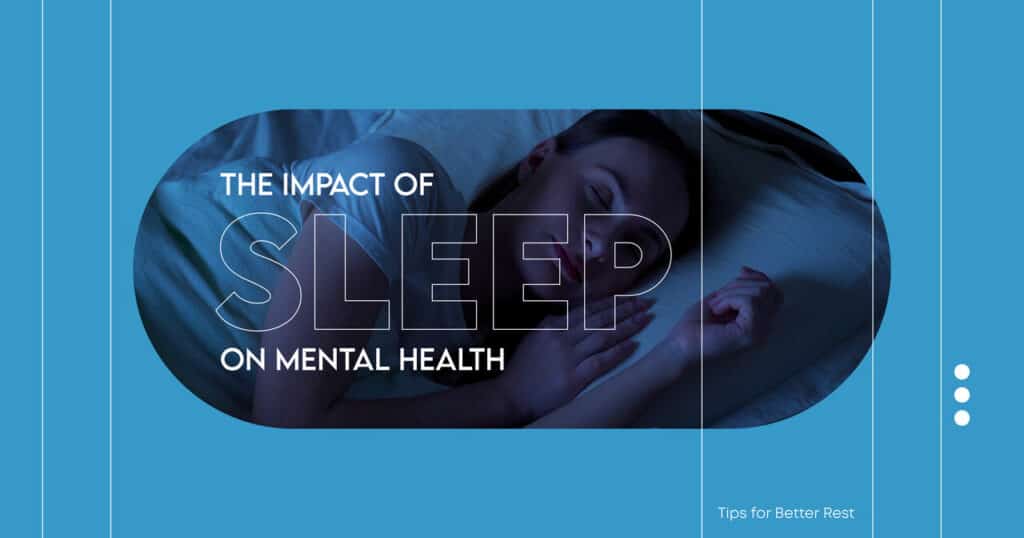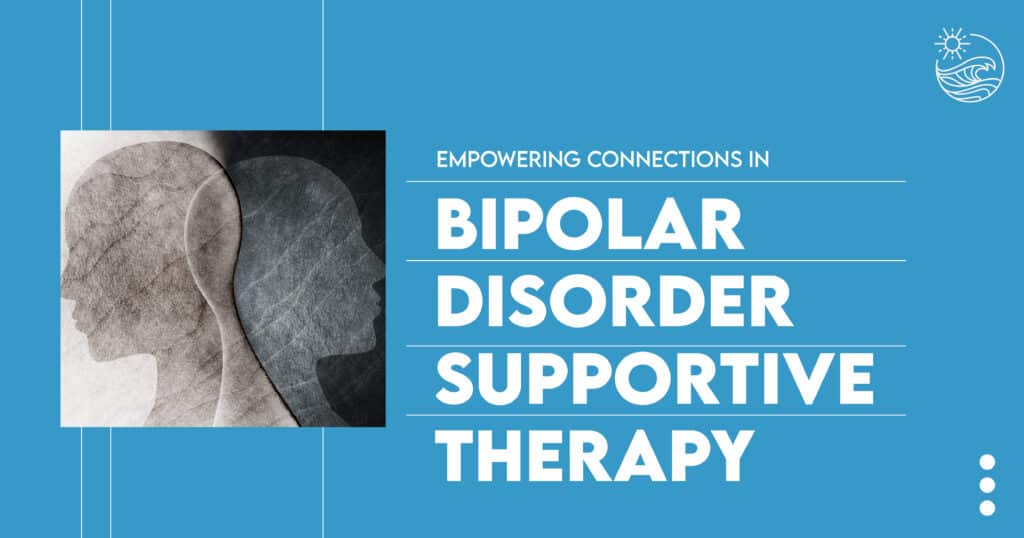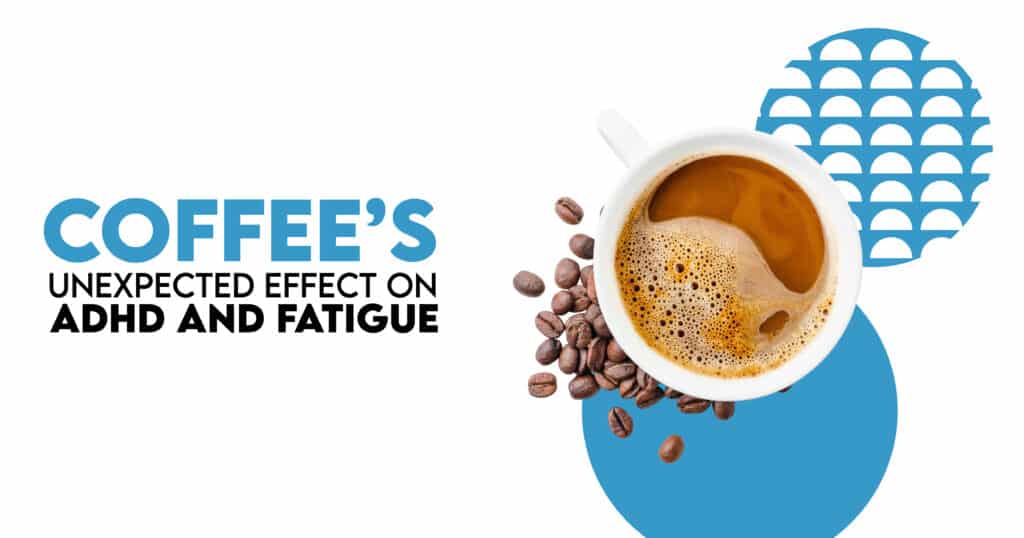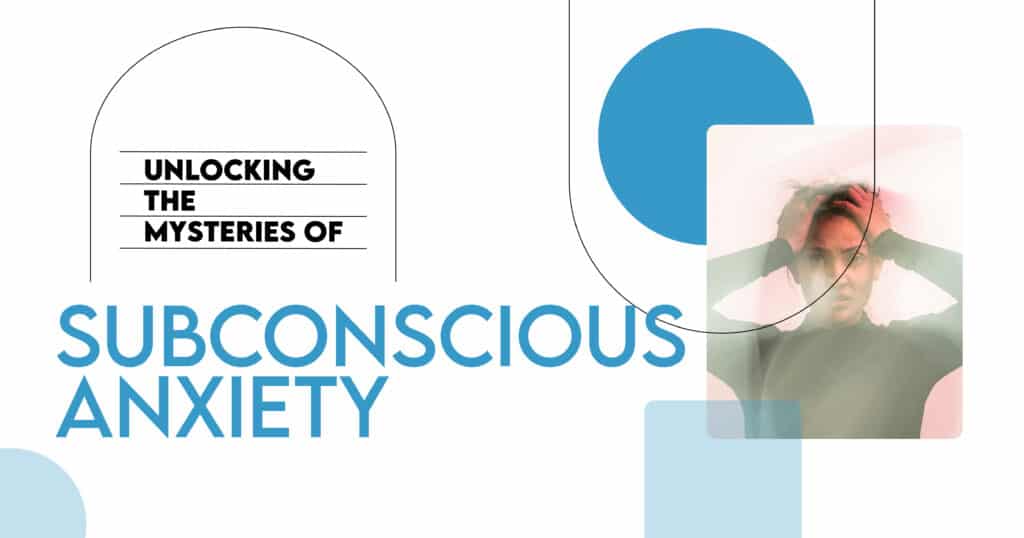Hey there! We’ve all heard that getting a good night’s sleep is important, but did you know that it’s crucial for your mental health? Yep, that’s right. Sleep and mental health are closely linked, and understanding this connection can be a game-changer for your overall well-being. In this guide, we’re going to dive deep into how sleep impacts mental health and share some practical tips to help you get better rest. So, grab a cup of tea, make yourself comfy, and let’s get started!
Essential Takeaways
1. Sleep is Crucial for Mental Health
Quality sleep is vital for maintaining good mental health. It affects mood regulation, stress management, and cognitive function. Poor sleep can lead to mood swings, increased stress, and cognitive impairments. Chronic insomnia and other sleep disorders can worsen these issues. Prioritizing sleep is essential for overall well-being and mental resilience.
2. Implementing Healthy Sleep Habits Can Improve Sleep Quality
Adopting a consistent sleep schedule, creating a relaxing bedtime routine, and optimizing your sleep environment are key strategies for improving sleep quality. Reducing screen time before bed and managing diet and caffeine intake also play crucial roles in promoting better sleep. Additionally, incorporating relaxation techniques can further enhance your sleep experience.
3. Addressing Sleep Issues Early Can Prevent Larger Problems
If you’re experiencing sleep issues, addressing them early can prevent more serious problems from developing, including mental health disorders. Monitoring your sleep patterns, making lifestyle adjustments, and seeking professional help when needed can mitigate the impact of sleep problems on your mental health. Don’t hesitate to consult a sleep specialist if sleep issues persist despite your efforts to improve them.
Why Sleep Matters for Mental Health
The Connection Between Sleep and Mental Health
Let’s kick things off by talking about why sleep is such a big deal when it comes to mental health. Imagine sleep as your body’s natural reset button. When you sleep, your brain and body are busy repairing and rejuvenating themselves, which is essential for keeping your mental health in check. Research has shown that a lack of sleep can trigger various mental health conditions, including anxiety disorders and bipolar disorder.
When you’re well-rested, you’re better equipped to handle stress, make decisions, and keep your mood stable. On the flip side, if you’re not getting enough quality sleep, your mental health can take a hit. This can lead to feelings of anxiety, depressive symptoms, and general irritability. So, getting good sleep isn’t just about feeling rested; it’s about supporting your mental well-being.
The Science of Sleep
Alright, let’s get a bit technical for a moment. Sleep isn’t just one state; it’s a complex process involving multiple stages. There are two main types of sleep: REM (Rapid Eye Movement) and non-REM.
Non-REM Sleep: This stage is divided into three phases.
- The first phase is light sleep, where you’re easily awakened.
- The second phase is where your heart rate slows down, and your body temperature drops.
- The third phase is deep sleep, crucial for physical recovery and growth.
REM Sleep: This is where the magic happens for mental restoration. REM sleep is when you dream, and it plays a significant role in memory consolidation and mood regulation. Each stage of sleep has its purpose, and missing out on any of these can affect your mental health. Sleep disturbances can hinder your ability to cycle through these stages effectively.
How Poor Sleep Affects Mental Health
The Impact of Sleep Deprivation
Mood Disorders and Sleep
Chronic sleep deprivation is closely linked to mood disorders like depression and anxiety. When you’re sleep-deprived, your brain struggles to regulate emotions. This can lead to increased feelings of irritability, sadness, or anxiety. Essentially, your emotional resilience takes a hit, making it harder to cope with everyday stressors. Research has shown that people who don’t get enough sleep are more likely to experience symptoms of depression.
It’s a two-way street, though—depression can also lead to sleep problems, creating a vicious cycle. People with insomnia often report higher rates of mental disorders and a diminished quality of life.
Cognitive Impairment and Memory Issues
Lack of sleep doesn’t just affect your mood; it can also impair cognitive functions. When you don’t get enough quality sleep, your attention span, decision-making, and memory can suffer. Sleep is essential for consolidating memories and learning new information. During REM sleep, your brain processes and organizes memories from the day. If you’re missing out on REM sleep, you might find it harder to remember things and learn new skills.
Sleep and Stress
The Role of Sleep in Stress Management
Good quality sleep helps regulate your body’s stress response system. When you’re well-rested, your body can better manage stress hormones like cortisol. This means you’re less likely to feel overwhelmed and more capable of handling stressful situations.
During sleep, your body works to repair and restore itself. This includes processing stress and anxiety, which helps you wake up feeling refreshed and ready to face the day. Without adequate sleep, your stress levels can remain high, making it even harder to relax and manage stress effectively.
The Vicious Cycle of Stress and Sleep Issues
Stress can disrupt your sleep patterns, and poor sleep can increase stress. It’s a vicious cycle that can be tough to break. Worrying about not getting enough sleep can make it even harder to fall asleep, leading to increased stress and anxiety. Breaking this cycle involves addressing both the sleep issues and the stress that’s causing them.
Tips for Improving Sleep Quality
Establishing a Healthy Sleep Routine
The Importance of a Consistent Sleep Schedule
Try to go to bed and wake up at the same time every day, even on weekends. This consistency helps set your internal clock, making it easier to fall asleep and wake up naturally. If your sleep schedule is irregular, your body’s internal clock can get confused, leading to poor sleep quality.
Creating a Bedtime Ritual
A calming bedtime routine can signal to your body that it’s time to wind down. Incorporate relaxing activities such as reading a book, taking a warm bath, or practicing behavioral therapy techniques to transition your mind and body into a more restful state.
Optimizing Your Sleep Environment
Setting Up a Sleep-Friendly Bedroom
Create a sleep-friendly environment by making your bedroom cool, dark, and quiet. Use blackout curtains or an eye mask to block out light, and a white noise machine or earplugs to reduce noise. Invest in a comfortable mattress and pillows that support restful sleep.
Reducing Exposure to Screens and Blue Light
Screens and blue light from devices can interfere with your ability to fall asleep. The blue light emitted by phones, tablets, and computers suppresses melatonin, the hormone that regulates sleep. Avoid screens for at least an hour before bed and opt for relaxing, screen-free activities.
Lifestyle Changes for Better Sleep
Incorporating Regular Exercise
Regular physical activity can help you fall asleep faster and enjoy deeper sleep. However, avoid vigorous exercise close to bedtime, as it might make it harder to wind down. Aim for at least 30 minutes of moderate exercise on most days of the week, but finish your workout a few hours before bed.
Managing Diet and Caffeine Intake
What you eat and drink can influence your sleep. Avoid large meals, caffeine, and alcohol close to bedtime, as they can interfere with your ability to fall asleep. Choose light, sleep-promoting snacks like yogurt or a banana if you’re hungry before bed.
When to Seek Professional Help
Recognizing Sleep Disorders
If sleep issues persist despite making lifestyle changes, it might be time to seek
professional help. Common sleep disorders that can impact mental health include:
- Insomnia: Difficulty falling or staying asleep, leading to daytime fatigue and irritability.
- Sleep Apnea: Interrupted breathing during sleep, often accompanied by loud snoring, resulting in excessive daytime sleepiness and cognitive impairment.
- Restless Leg Syndrome (RLS): An irresistible urge to move your legs, especially at night, disrupting sleep.
If you suspect you have a sleep disorder, consult a sleep specialist for a proper evaluation and treatment options.
Final Thoughts
Sleep is an essential pillar of mental health. Prioritizing good sleep hygiene, making lifestyle adjustments, and addressing sleep issues early can have a profound impact on your mental well-being.
By understanding the connection between sleep and mental health, you can take proactive steps to improve your sleep quality and, in turn, enhance your mental health. So tonight, make a commitment to prioritize sleep—it’s one of the best things you can do for your mind and body!








